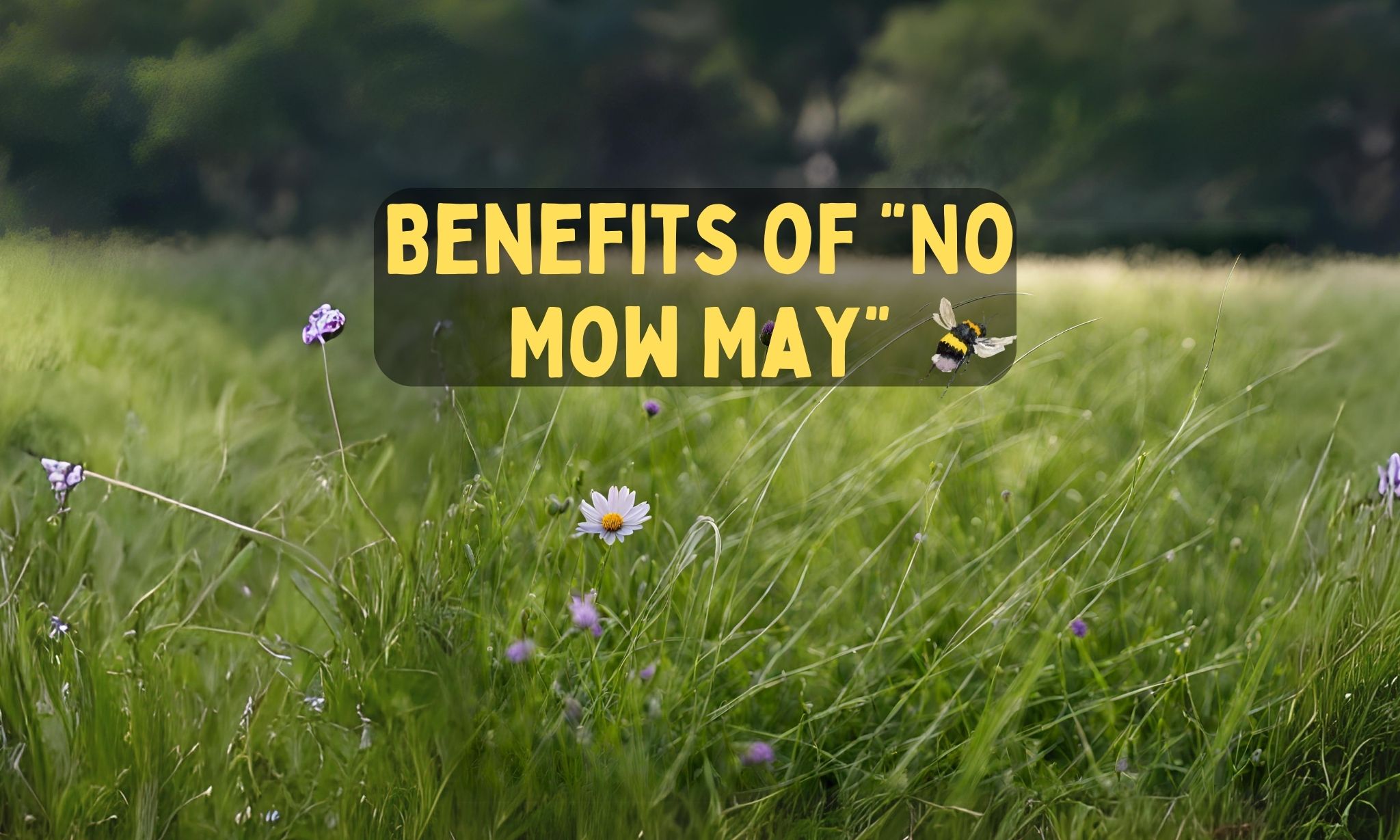
“No Mow May” originated in the UK, but is also popular in parts of the States, it is a movement that encourages people to refrain from mowing their lawns during the month of May to support biodiversity and provide a habitat for pollinators. Here are some potential benefits associated with participating in “No Mow May”
This post contains affiliate links, that I have hand picked because I like them. If you make a purchase through these links, I may earn a small commission at no extra cost to you or the seller.
Allowing grass and wildflowers to grow without mowing creates a diverse habitat for insects, birds, and other wildlife. Wildflowers can attract pollinators like bees and butterflies, contributing to local biodiversity.
Wildflowers and uncut grass provide valuable food sources and nesting sites for pollinators. Maintaining a natural habitat helps support declining bee populations and other beneficial insects..
A diverse and natural lawn can be more resilient to weeds. Healthy grass and wildflowers can outcompete weeds, reducing the need for chemical interventions.
Allowing grass and other plants to grow naturally can improve soil health. The roots of the plants help prevent soil erosion, enhance water retention, and promote microbial activity in the soil.
Taking a break from mowing in May can provide a temporary reprieve from lawn maintenance, saving time, effort, and fuel. It allows for a more relaxed approach to outdoor spaces.
“No Mow May” provides an opportunity to educate oneself and others about the importance of biodiversity, the role of pollinators, and the benefits of a more natural approach to lawn care.
Many people find the wild and natural look of an uncut lawn aesthetically pleasing. It can create a unique and beautiful landscape, especially when wildflowers are in bloom.
Reduced lawn mowing means less use of fossil fuels (from lawnmowers) and, consequently, lower carbon emissions. This aligns with efforts to reduce one’s carbon footprint.
Of course not ever where would be suitable – and it might bring unwanted pests that you don’t want crawling up your leg!
You could always just mow a bit less, or maybe plant some polinator friendly flowers, or replace traditional lawns with native grasses.